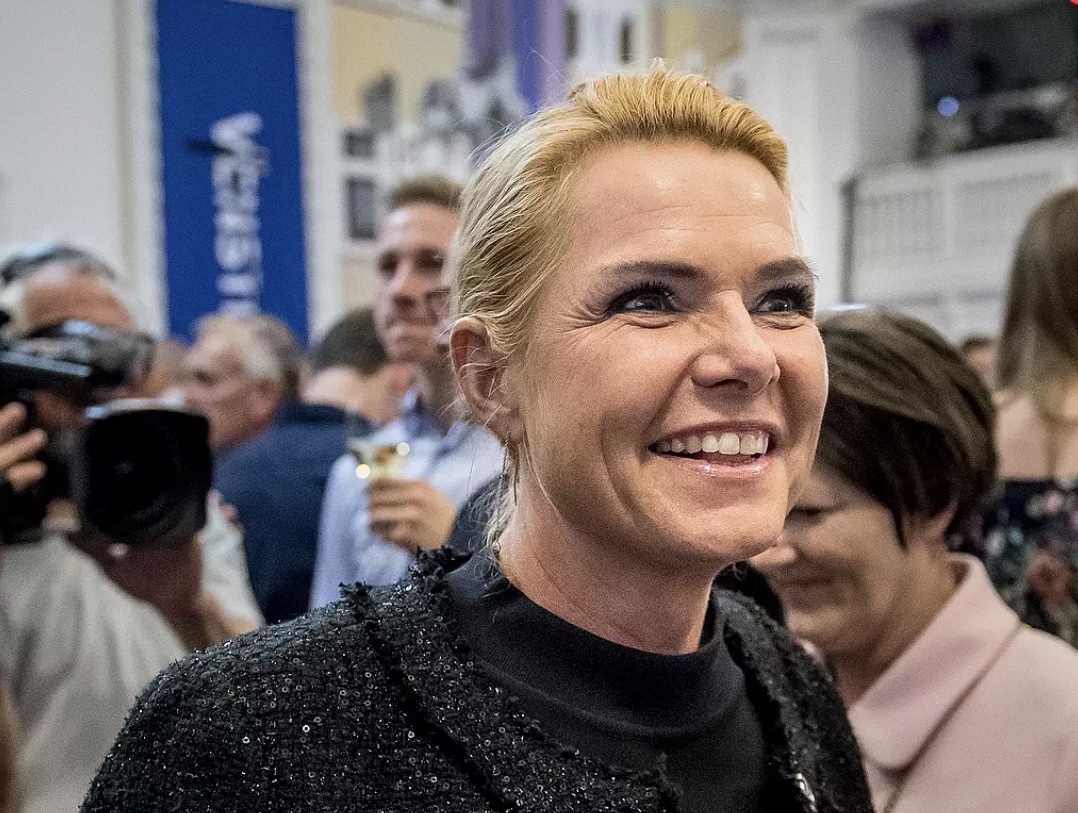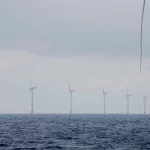This website uses cookies to improve your experience. We'll assume you're ok with this, but you can opt-out if you wish. Read more
Disuniting the Right
Disuniting the Right
The Unite the Right rally in Charlottesville in 2017 ended in chaos. Danish right-wing parties are splintering but still hope to end up with a majority. Denmark has 13 political parties in Parliament, not counting the MPs from Greenland and the Faroe Islands. With an election on the horizon, even more are in the works. The official name of the latest one registered with the Election Board is Danmarksdemokraterne – Inger Støjberg (DK). Its carries associations with Sverigedemokraterna, the Swedish anti-immigrant party with a personalized touch in a way that Trump could only envy: “Denmark Democrats – Inger Støjberg.”

Inger’s back already. Photo: Mads Claus Rasmussen/Ritzau Scanpix.
Inger Støjberg, you may recall, was the Immigration Minister who was sentenced to 60 days’ unconditional imprisonment for illegally separating refugee couples without a hearing when one member was underage. Then Parliament found her unfit to serve. During her trial, she resigned from the Liberal Party but vowed that she wasn’t finished with politics. She was one of the top personal vote–getters in the 2019 election (most votes are cast for parties), and other parties tried to enlist her while she served her sentence by wearing an electronic ankle monitor.
The Liberal Party is center-right, but Støjberg was known for her many stringent policies to reduce immigration and asylum applications that rivaled the far-right parties’ platforms (and for celebrating them with cake). The entire wing is in flux. As I mentioned last week, the leading anti-immigration party, the Danish People’s Party, saw several members resign after the election of its new chair, Morten Messerschmidt. The latest defector is the preceding chair, Kristian Thulesen Dahl, who was rumored to be joining forces with Støjberg. A couple of days later, he announced that he was quitting politics to become the CEO of the Port of Aalborg in northern Jutland.
Musical parliamentary seats
Like the Danish People’s Party, the libertarian Liberal Alliance lost several seats in the 2019 election. It also lost two of its leaders, and a third, Simon Emil Amitzbølle-Bille, resigned after the election and founded another new party, Fremad (Forward). Then there’s the New Right, another new, small party that competes with the Danish People’s Party on xenophobia and with the Liberal Alliance on free-market economics.
And don’t forget Koran-burner Rasmus Paludan’s Hard Line party, which didn’t meet the parliamentary threshold last time. All of these parties will be fighting over the national conservative segment of the electorate, and there are now 13 independent MPs who might be looking for a new political home.
Another die-hard ex-minister
Meanwhile, more tactical maneuvering is taking place in the center-right segment. In early June, no less a figure that former Prime Minister Lars Løkke Rasmussen also founded a new party, Moderaterne (The Moderates) (DK). Løkke Rasmussen, in whose administration Støjberg served, had also resigned from the Liberal Party, in his case after his proposal to pursue a coalition government “across the middle” (hen over midten) failed to gain support. His new party will go to the polls with a pledge to end the “bloc politics” that have divided the two sides of the spectrum.
All the parliamentary elections of this century have been very close, and the governing party has had to rely on every single vote from its supporting parties in order to pass bills. Rasmussen argues that the Danes are tired of seeing policies swing back and forth between election periods and that centrist collaboration could bring more effective and lasting reforms. If the Moderates win only a few seats, they might indeed be able to determine the composition of the next administration.
Haunted by the ghosts of mink?
That such a prospect is not completely fanciful seems apparent from a recent statement by sitting Prime Minister Mette Frederiksen. Before the latest election, she had rejected Løkke’s idea of a centrist administration. On Consititution Day, June 5, Frederiksen wrote in an op-ed piece (DK) that she wanted to entertain the possibility of a broad coalition. Critics were quick to point out that not only could this be a tactic to undermine Løkke’s appeal; Frederiksen might have even more selfish reasons.
The so-called Mink Commission, which was investigating whether she had knowingly issued an illegal order to destroy millions of mink and the entire Danish mink industry during the height of the Covid infections, was about to release its findings. Frederiksen’s fate might be at the mercy of the Social Democrats’ supporting parties, which would appreciate the opportunity to hold ministerial posts in a new coalition administration.


